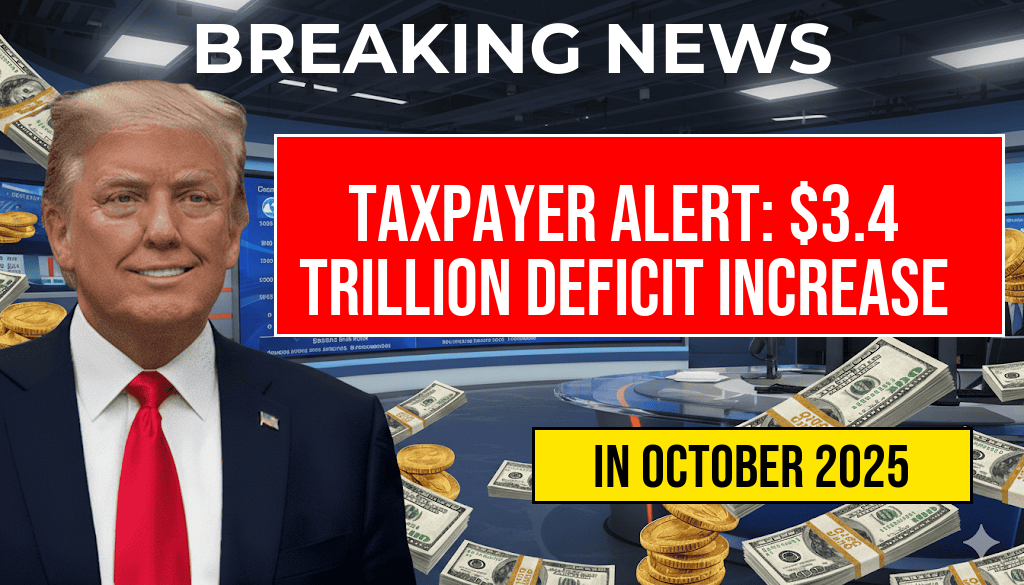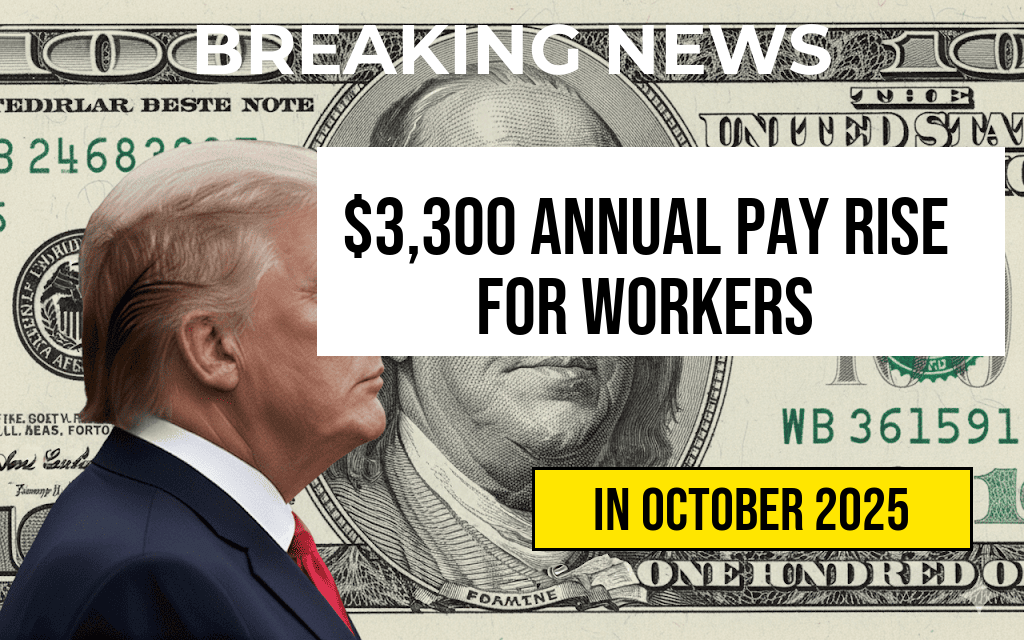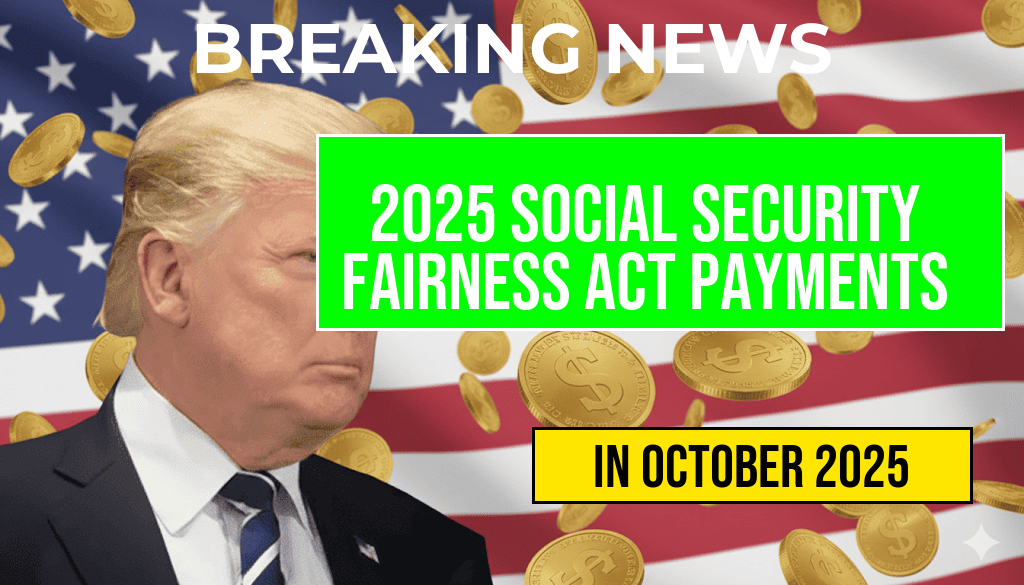Taxpayers across the United States are bracing for the implications of a new legislative proposal, dubbed the “One Big Beautiful Bill,” which is projected to increase the federal deficit by a staggering $3.4 trillion over the next decade. The bill, which encompasses various spending initiatives aimed at infrastructure, education, and healthcare, has sparked a heated debate among lawmakers and economists about its potential impact on the national economy. While proponents argue that the investment will stimulate growth and create jobs, critics warn that it could exacerbate the already significant federal debt and lead to higher taxes in the future.
The Bill’s Key Provisions
The proposed legislation outlines several critical areas of investment aimed at bolstering the economy. These include:
- Infrastructure Improvements: Significant funds are allocated for roads, bridges, and public transportation systems.
- Healthcare Expansion: The bill includes provisions for expanding access to healthcare services, particularly for low-income families.
- Education Funding: Increased investment in public education and vocational training programs is a focal point of the proposal.
Economic Implications
Economists are divided on the long-term consequences of the bill. Supporters argue that the initiative will lead to substantial economic growth, thereby increasing tax revenues and mitigating the deficit impact over time. For instance, investments in infrastructure are believed to create jobs and enhance productivity, potentially offsetting the initial costs.
Conversely, critics raise concerns about the sustainability of such spending. They fear that an increase in the deficit could lead to higher interest rates and inflation, which might hinder economic growth rather than promote it. According to a recent analysis by the Forbes, the increase in national debt could have far-reaching consequences, particularly if economic conditions shift unexpectedly.
Political Reactions
The proposal has ignited a fierce political debate in Congress, with opinions sharply divided along party lines. Democrats largely support the bill, viewing it as a necessary step towards modernizing the country’s infrastructure and improving public services. In contrast, many Republicans express skepticism, emphasizing the potential fiscal irresponsibility of increasing the deficit.
Key Statements from Lawmakers
Prominent figures have weighed in on the bill:
- Senator Jane Smith (D-CA): “This bill is an investment in our future that will pay dividends for generations to come.”
- Senator John Doe (R-TX): “We cannot afford to recklessly increase our debt. This proposal will burden our children and grandchildren.”
Public Opinion
Public sentiment remains mixed regarding the bill’s implications. A recent poll conducted by the Pew Research Center indicates that while many Americans support increased spending on infrastructure and education, there is significant concern about the rising national debt. Approximately 62% of respondents believe that the benefits do not outweigh the potential financial risks.
What’s Next?
As the legislative process unfolds, it remains unclear whether the “One Big Beautiful Bill” will garner enough support to pass in its current form. Lawmakers are expected to engage in extensive negotiations, potentially altering key provisions to address fiscal concerns while still pursuing ambitious spending goals.
Projected Timeline
| Date | Event |
|---|---|
| October 2023 | Initial committee reviews begin. |
| November 2023 | House and Senate debates scheduled. |
| December 2023 | Final voting expected. |
As discussions progress, taxpayers and stakeholders are urged to stay informed about the developments surrounding this pivotal legislation. The outcome could shape the economic landscape for years to come.
Frequently Asked Questions
What is the ‘One Big Beautiful Bill’?
The ‘One Big Beautiful Bill’ refers to a legislative proposal that aims to implement various tax reforms and social programs. It is a significant piece of legislation that has sparked debate among lawmakers and taxpayers alike.
How much will the bill increase the deficit?
The bill is projected to increase the deficit by approximately $3.4 trillion over a specified period, raising concerns about its long-term fiscal implications.
Who will be most affected by this bill?
The bill’s provisions are expected to impact a wide range of stakeholders, including taxpayers, businesses, and specific social groups that rely on government programs. The effects may vary depending on individual circumstances.
What are the main components of the bill?
The main components of the ‘One Big Beautiful Bill’ include extensive tax cuts, funding for social programs, and other fiscal measures aimed at promoting economic growth. However, critics argue about the sustainability of such initiatives.
What should taxpayers do in response to this alert?
Taxpayers are encouraged to stay informed about the bill’s progress and potential implications for their finances. Consulting with a tax professional may also be wise to prepare for any changes that could arise from the bill’s passage.











